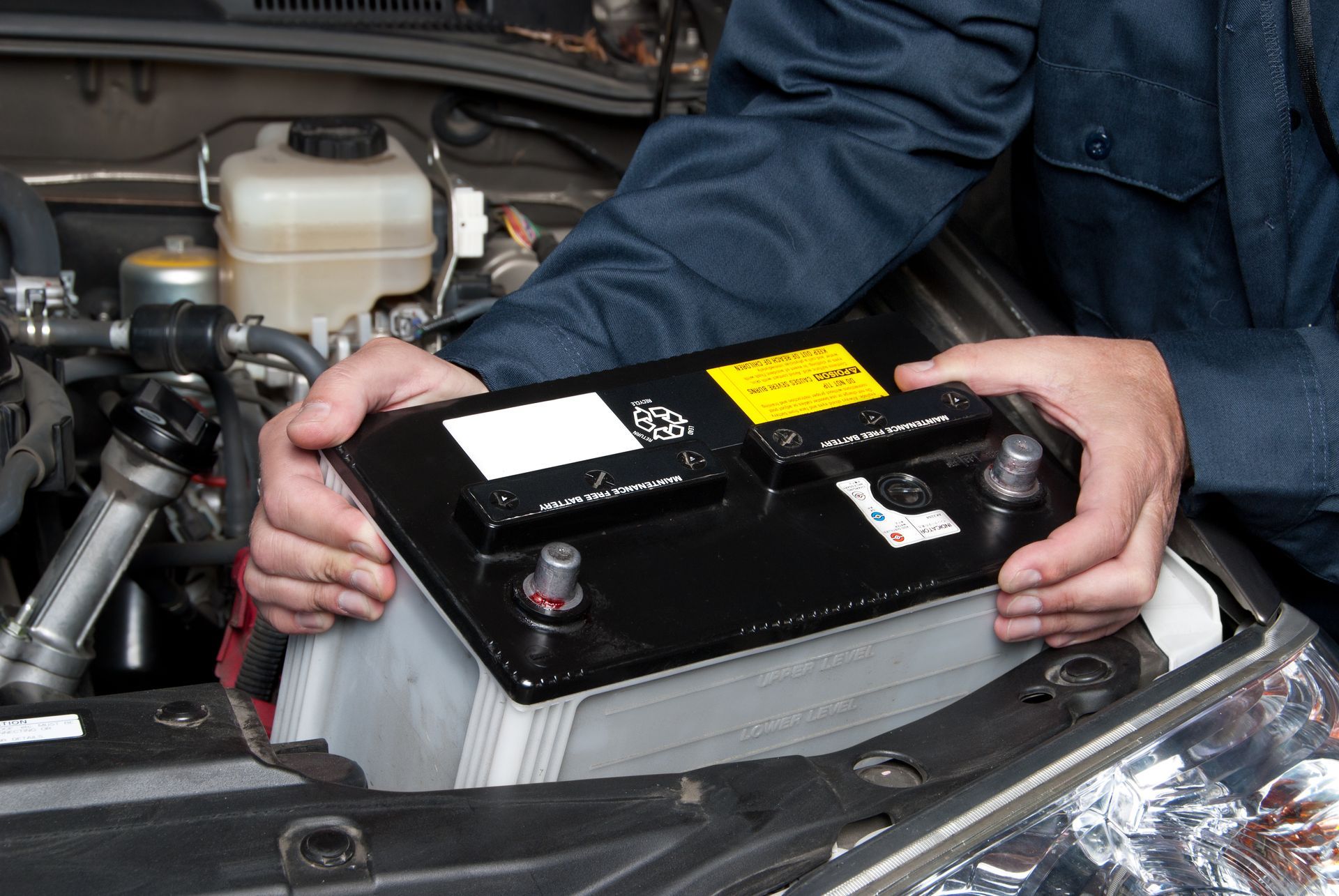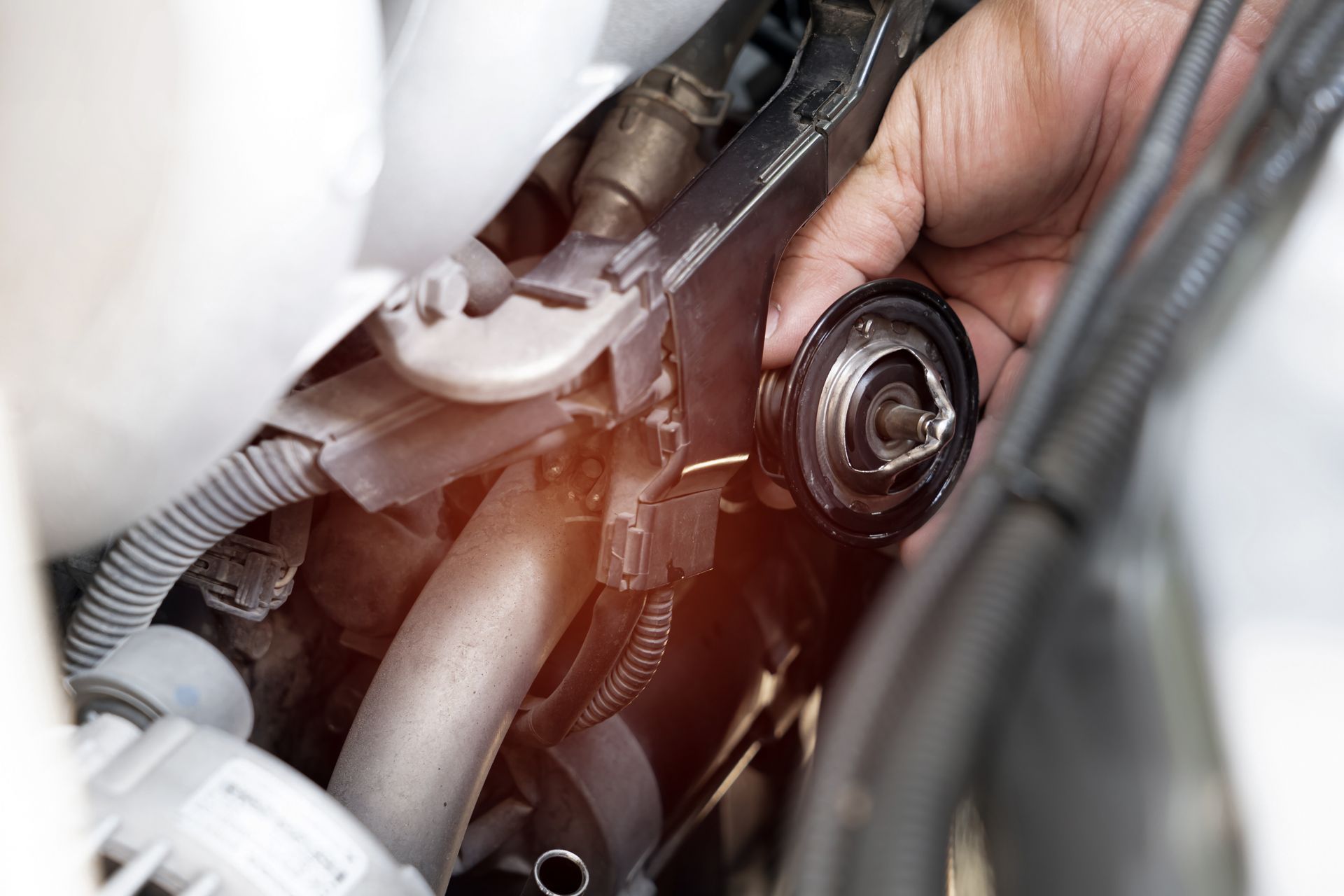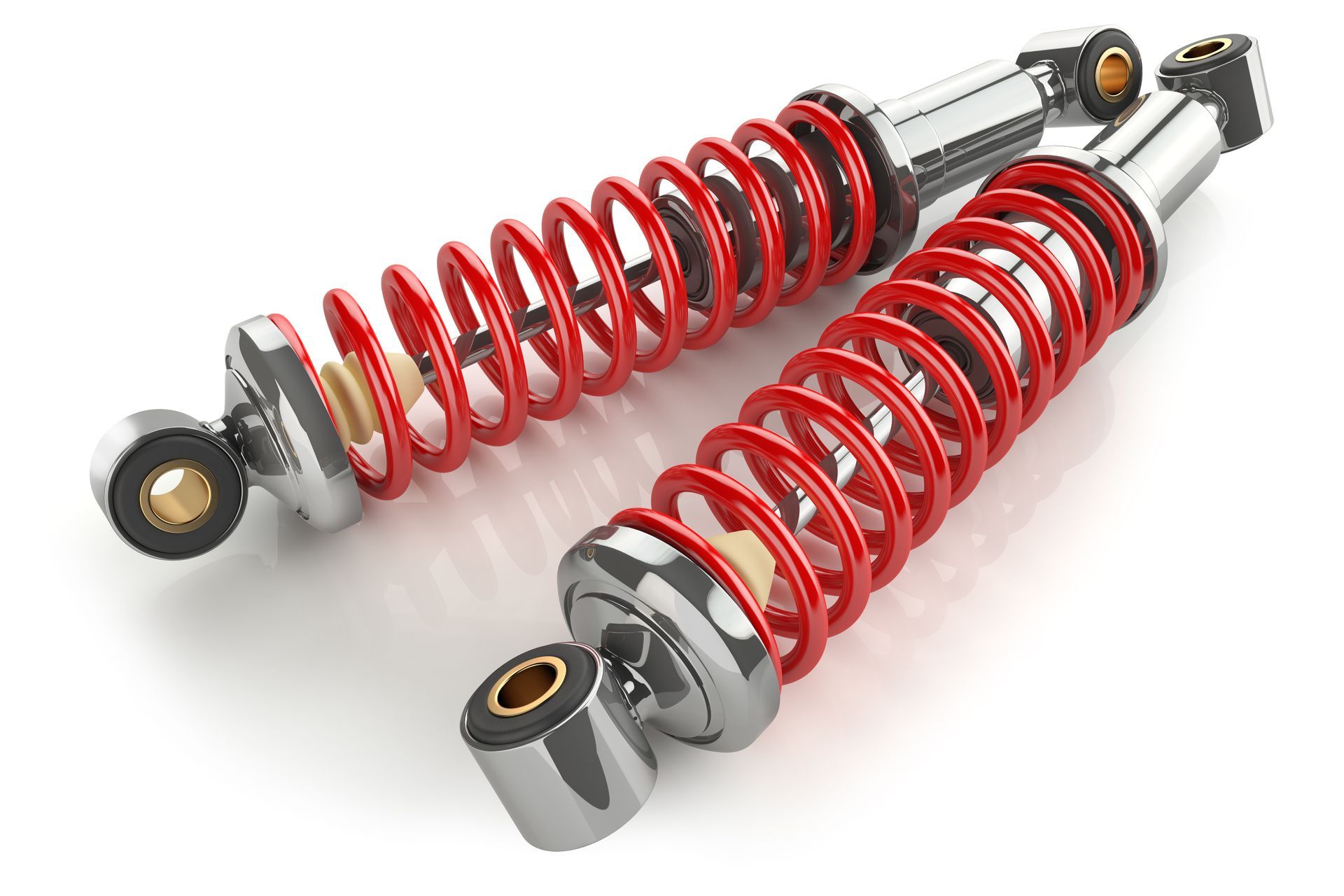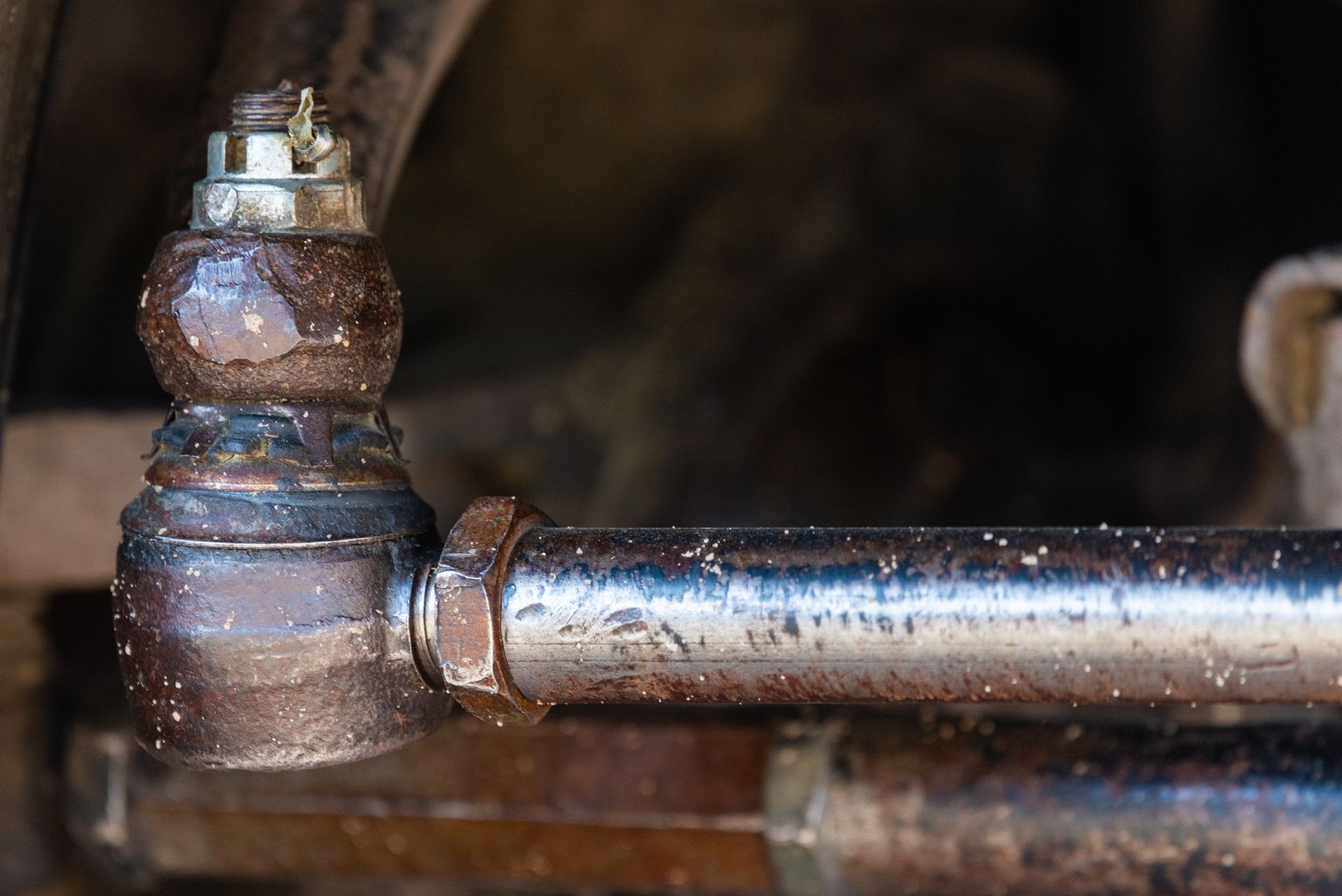A liquid called transmission fluid helps the gears, which are a vital component of the transmission, work well together. However, we tend to forget to take care of it in our busy lives. That's why in today's article, you will learn when to change it and how to choose the right one for your car.
When Does Transmission Fluid Need a Refresh?
Transmission fluid, although resilient, is not invincible. Over time, it faces the wear and tear of the demanding environment within the transmission system. A general rule of thumb is to consult your vehicle's manual for manufacturer recommendations, but several signs may indicate it's time for a change.
If you notice erratic shifting, unusual noises, or a burnt odor emanating from your transmission, it's a silent cry for a fluid refresh. Regular checks and preventive maintenance can save your transmission from the silent toll of neglect.
Miles Matter
You have a car that you've driven for a long time and it has been with you on many unforgettable journeys. Now, let's say your car has reached an important milestone in terms of how much it has been driven. It's a time to celebrate its durability, but also a time to remember that its transmission fluid may need to be changed.
Experts suggest changing the fluid every 30,000 to 60,000 miles is a good idea. However, it's important to remember that if you drive in tough conditions, like towing heavy things or in extreme temperatures, you may need to change the fluid sooner. These milestones are not just reminders of the good times you've had with your car but also an opportunity to take good care of it.
What Transmission Fluid Should I Use?
Not all fluids are created equal, and each vehicle type has its preference. Automatic and manual transmissions have distinct needs, and using the wrong fluid can lead to performance issues or, worse, irreversible damage. Consult your vehicle's manual or seek the expertise of a professional to decipher the alphabet soup of transmission fluid specifications—viscosity, friction modifiers, and additives.
Synthetic vs. Conventional
In the realm of transmission fluids, a debate unfolds between the synthetic and conventional contenders. Synthetic fluids, refined in laboratories, boast superior resistance to heat and oxidation, offering enhanced protection to your transmission.
On the other side of the spectrum, conventional fluids, derived from crude oil, adhere to a more traditional approach. The choice between the two depends on your vehicle's requirements, driving conditions, and your preference for longevity and performance.
DIY or Professional Care
The decision to change your transmission fluid can be a DIY venture or a task delegated to the hands of professionals. While changing the fluid at home is feasible for the savvy DIY enthusiast, consulting a professional ensures precision and adherence to manufacturer specifications.
For expert vehicle maintenance and repair procedures, contact Precision Automotive Service NY, and we will be happy to help!










